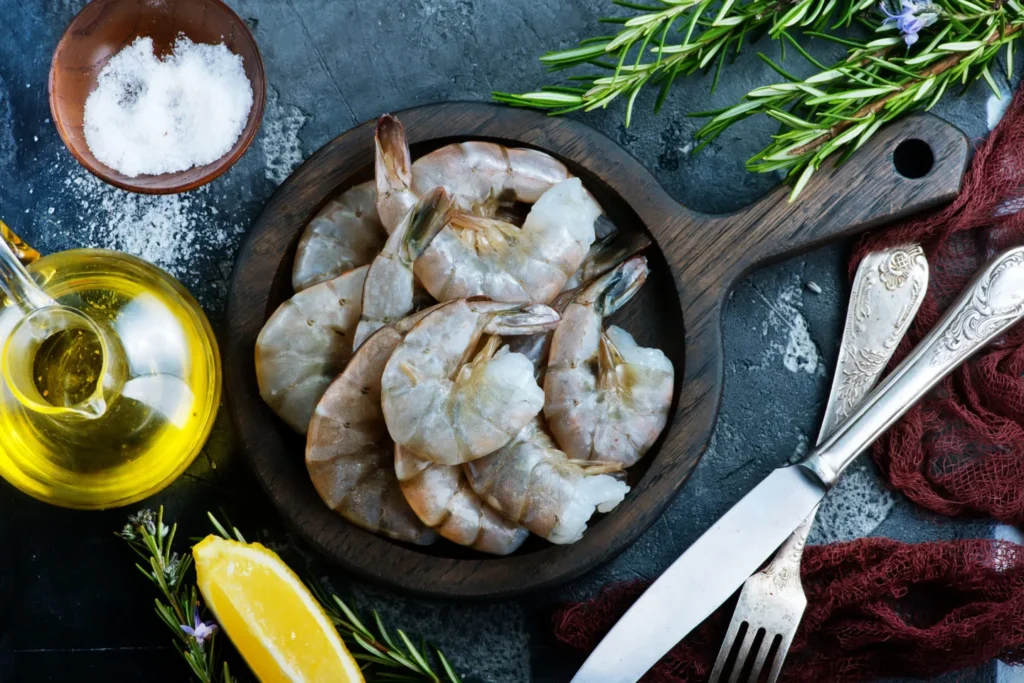By definition, sustainable seafood is caught in a way that does not endanger ecosystems of fish stocks ensuring that future needs will be met.
Assumably, all of the issues the seafood industry is facing at the moment are far from claiming that the current seafood practices are sustainable and regulated.
Therefore, to control and ensure the sustainable continuation of seafood production, the organizations have implemented a set of norms for both wild-caught and aquaculture producers.
Hence, here is an exhaustive list of the organizations and standard bodies currently working on helping companies ensure sustainable seafood products and practices.
Disclaimer: The following list includes both the certification organizations and organizations setting up standards as guides for companies working on improving their sustainability practices.
1. Sustainable Shrimp Partnership (SSP)
Sustainable Shrimp Partnership is an organization working on regulating and ensuring sustainable aquaculture shrimp practices.
SSP has been formed by a group of companies working towards making aquaculture a successful practice for the world and ensuring sustainable seafood certification.
Their main objectives are to
Produce healthy, nutritively rich, and pure products that are aligned with sustainable production practices
Work on improving environmental and social performance through collaboration with each other
Increase awareness of the preferred environmental and social practices that will thus help SSP members to set an example for others to follow
Finally, their main goal is to create differentiation and offer an improved choice for consumers in global seafood markets.
SSP focuses on shaping a future of quality assurance for the shrimp industry by producing the highest quality shrimp, ensuring the sector is clean, sustainable, and conforms to environmental and social standards.
2. Marine Stewardship Council (MSC)
The Marine Stewardship Council is an international, non-profit organization.
The MSC’s main goal is to certify organizations that put ocean protection and safeguarding seafood supplies as their top priority.
Moreover, the organization is working with scientists, fisheries, industry experts, and other nonprofits, to improve the way our ocean is fished through the MSC Fisheries Standard and Chain of Custody Standard.
The MSC’s theory of change consists of 6 key players:
Fisheries – all the fisheries that meet the MSC Standard get the sustainable seafood certification
Retailers and restaurants – choose MSC-certified sustainable seafood
A traceable supply chain – through traceability, consumers can be sure that the only seafood sold from an MSC-certified fishery is the one with the blue MSC label
Consumers – decide to buy seafood with the MSC label on it
Market demand – as the awareness of sustainability grows, the demand for the MSC certified seafood increases
Fisheries – closing the circle, we are back at fisheries that choose to improve their practices and choose to be assessed to the MSC Standard
3. Aquaculture Stewardship Council (ASC)
The Aquaculture Stewardship Council (ASC) is one of the globally most recognized certified sustainable seafood schemes for farmed seafood or aquaculture.
According to ASC, the aquacultured seafood products that have been granted the ASC label have been assessed and certified as being environmentally and socially responsible.
Some of the key elements that go into consideration before issuing the sustainable seafood certification include
Water quality
Responsible for sourcing feed
Disease prevention
Animal welfare
Fair treatment and pay of workers
Maintenance of positive relationships with neighbouring communities
ASC’s vision is to create a world where aquaculture is the key player in supplying food while minimizing the negative impacts on the environment.
Finally, their mission is oriented towards aquaculture transformation and creating environmental sustainability and social responsibility using mechanisms that ensure value across the supply chain.
4. Global Dialogue on Seafood Traceability (GDST)
Global Dialogue on Seafood Traceability or GDST is an international, B2B platform founded to create the first-ever industry standards for seafood traceability globally.
The GDST standards (which PSQR is proud to be an adopter and endorser of), are global and voluntary standards designed as an extension of the GS1 EPCIS Standards (more on this later on).
The standards have three main goals:
Enabling interoperability among the seafood traceability systems so anyone can seamlessly and effortlessly participate in digital traceability across the supply chain
For more info: Friend of The Sea





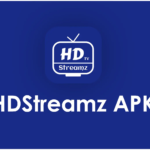



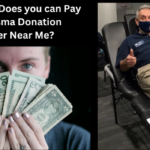




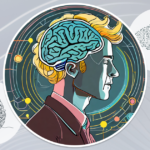

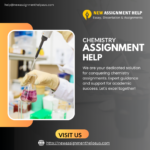



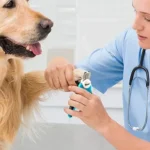

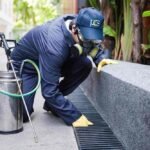

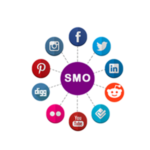
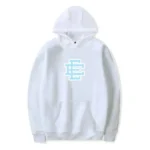




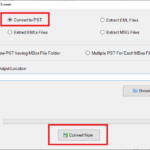




![Detailed Guide to Yamunotri: The First Dham [Complete Travel Guide] 34 Detailed Guide to Yamunotri: The First Dham [Complete Travel Guide]](https://guest-post.org/wp-content/uploads/2024/07/Char-Dham-150x150.png)



